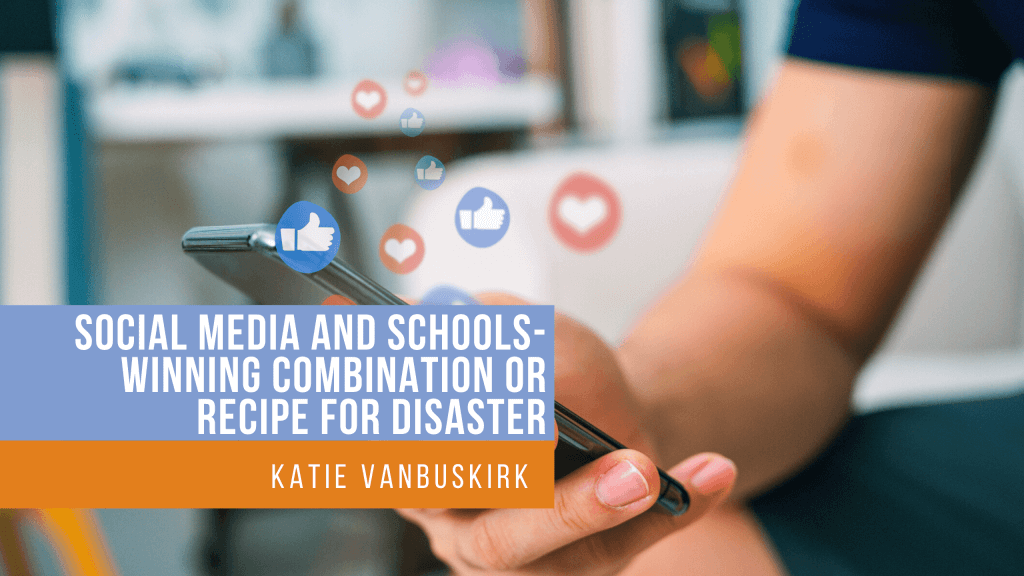Propel provides innovative insurance solutions to thousands of companies across the country. We make it our business to know your world inside and out.
Claims & Risk Management, Cyber Security, Employment Practices, Public Entities
Social Media and Schools – Winning Combination or Recipe for Disaster?
Social media continues to gain momentum, and one thing for certain is that it’s not going anywhere anytime soon.
With social media being a relatively new phenomenon, there is a learning curve that accompanies it; media consumers are continually working out the kinks that come along with navigating the dynamic world of social media. One established fact, however, is that there are both positives and negatives – as with most things – but with the appropriate knowledge and awareness, it can be of great benefit to its users.
Schools essentially have two options: they can take measures in order to discourage students’ use of social media or they can embrace it by incorporating it into the curriculum. Something that is becoming clear is that, if gone about in the right way, both students and faculty can benefit from social media. Today, there are many media platforms created for teachers that can enhance lessons and the classroom environment. Teachers are becoming increasingly creative with how they utilize this new classroom tool, and students are receptive to these changes.
Alternatively, experts have realized that discouraging the use of social media can have negative outcomes. As a general rule, it is important for consumers to be responsible while using various social media platforms. If students are not taught how to conscientiously use social media throughout their schooling, they will not have obtained the right skills needed to be social media literate.
While there are pros to the use of social media within the classroom, there are also many dangers and potential liabilities. A few examples include:
- Crossing appropriate student/teacher boundaries
- Cyberbullying experienced by both students and faculty
- Inappropriate/confidential content posted by school employees
All of the instances stated above can and have resulted in not only the school district finding themselves in a legal battle but also left with a tarnished reputation.
To prevent this, many districts have begun utilizing various social media monitoring services that watch everything posted by the students and faculty belonging to that district. These services pick up on key alarming words or phrases, report their findings to school administration, and proceed accordingly. In theory, this may seem like an effective way of avoiding problems that stem from social media. However, despite the best intentions of the district, this can actually end up violating federal privacy laws which can come with its own set of repercussions.
With all things being considered, there are a few ways that school districts can not only protect themselves from legal trouble but also protect the faculty and students. First and foremost, schools must come up with a carefully thought-out social media policy. This policy should describe acceptable conduct – both at school and at home – and should be as clear-cut as possible with no room for confusion. While developing the guidelines, it is important to cover all bases while simultaneously being careful not to be overly restrictive, making sure to avoid any violation of federal privacy laws. It is also important to ensure policies are in line with all privacy laws at the state level as each state is different. Once a solid social media policy is in place, the district should conduct proper training at the beginning of the year and remind students and staff periodically throughout the year. Rather than mandating when it’s acceptable for students to use social media, it’s more important to mandate how they use it.
The next step is to be as transparent as possible with the students’ parents about the social media policies. This will accomplish two things. Firstly, parents will have the knowledge and capabilities to help enforce the rules and guide their children to safely consuming media. Secondly, keeping the parents informed will help to avoid any potential legal actions taken by parents who may feel blindsided if their child is in violation of school-mandated policies.
Shifting from short- to long-term, the most valuable thing a school district can do in regard to social media is educating the students. Social media has become such a focal point of society today, but there are a number of dangers that come along with it. In order to foster a society that is media literate, it is necessary that schools include social media in their curriculum. Schools that embrace social media carefully and thoughtfully are often successful in avoiding legal trouble and keeping their reputations intact.
To learn more about this subject or any other risk management related topic, contact any of us at Propel.


